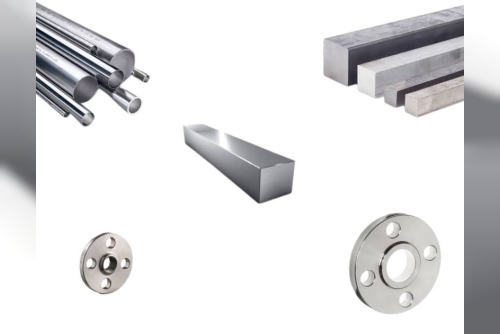A functional sewer line is the backbone of any plumbing system. It whisks away waste and wastewater, keeping your home sanitary and healthy. However, like any hardworking system, sewer lines can succumb to clogs and buildup over time. Left unattended, these issues can lead to sewage backups, foul odors, and even structural damage.
This guide explores comprehensive sewer line cleaning solutions, empowering you to maintain a healthy and efficient drainage system.
Understanding Sewer Line Clogs
Sewer line clogs can arise from various culprits, including:
· Grease and Oil: These solidify and build up on the pipe walls, restricting flow.
· Foreign Objects: Tissues, feminine hygiene products, and flushable wipes that aren't truly flushable can cause blockages.
· Tree Roots: Roots can infiltrate cracks and breaks in sewer lines, causing significant damage and clogs.
· Mineral Buildup: Over time, hard water minerals can accumulate, narrowing the pipe diameter.
Signs of a Clogged Sewer Line:
Being vigilant about the signs of a clogged sewer line can help you nip the problem in the bud:
· Slow Drains: Drains throughout your house are sluggish, taking a long time to empty.
· Gurgling Sounds: Gurgling noises emanating from drains indicate trapped air struggling to escape due to a clog.
· Sewer Gas Odors: Foul-smelling sewer gases can seep back into your home through drains and vents.
· Frequent Backups: Sewage overflows from drains or toilets, a surefire sign of a major clog.
DIY vs. Professional Sewer Line Cleaning
While some minor clogs might be tackled with DIY methods, extensive clogs or recurring issues are best addressed by a professional plumber. Here's a breakdown of the approaches:
DIY Methods:
· Plunger: A classic tool for tackling simple clogs in sinks and bathtubs.
· Drain Snake (Auger): A long, flexible metal cable that can reach deeper clogs and snag debris.
· Enzyme Cleaners: These eco-friendly solutions use enzymes to break down organic materials causing clogs.
Limitations of DIY:
· Limited Reach: DIY methods often lack the reach to address clogs deep within the main sewer line.
· Ineffective for Tough Clogs: Dense clogs caused by grease, roots, or mineral buildup may prove too much for DIY solutions.
· Risk of Damage: Improper use of tools like drain snakes can damage pipes.
Benefits of Professional Cleaning:
· Advanced Equipment: Professional plumbers possess powerful tools like hydro jetting machines that can clear even the most stubborn clogs.
· Camera Inspection: They can use sewer line cameras to pinpoint the exact location and cause of the clog.
· Trenchless Repair Techniques: In cases of damaged pipes, plumbers offer trenchless repair methods that minimize disruption to your property.
Comprehensive Sewer Line Cleaning Solutions:
Professional plumbers offer a range of cleaning solutions to address various sewer line issues:
· Hydro Jetting: This highly effective method utilizes a high-pressure water jet to scour away clogs, grease buildup, and mineral deposits.
· Mechanical Cleaning: For tougher clogs or root intrusions, plumbers may use specialized augers or cutting blades to break up and remove the blockage.
· Sewer Line Video Inspection: A small camera is inserted into the sewer line, allowing the plumber to visually inspect the pipes for damage, cracks, or root infiltration.
· Trenchless Sewer Line Repair: In situations where pipes are damaged beyond cleaning, trenchless repair methods like pipe bursting or lining offer a minimally invasive solution.
Preventive Maintenance for Healthy Sewer Lines:
Here are some proactive steps you can take to prevent sewer line clogs:
· Avoid Flushing Foreign Objects: Only flush toilet paper and human waste. Dispose of wipes, feminine hygiene products, and other non-biodegradable items in the trash.
· Minimize Grease Disposal: Avoid pouring cooking grease down the drain. Let grease cool and solidify, then scrape it into a container for disposal.
· Regular Drain Cleaning: Use enzyme cleaners once a month as a preventative measure to break down organic matter before it accumulates.
· Regular Inspections: Consider scheduling a professional sewer line inspection every 2-3 years, especially if you experience recurring clogs or have large trees near your property.
Conclusion:
A healthy sewer line is essential for a comfortable and sanitary living environment. By understanding the signs of clogs, the limitations of DIY methods, and the benefits of professional cleaning, you can make informed decisions to maintain a smoothly functioning drainage system. Remember, prevention is key. By adopting preventative measures and addressing minor clogs promptly, you can avoid costly and disruptive sewer line emergencies.











 NSE 7 - FortiSASE 25 Enterprise Administrator NSE7_SSE_AD-25 Dumps
NSE 7 - FortiSASE 25 Enterprise Administrator NSE7_SSE_AD-25 Dumps